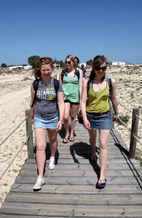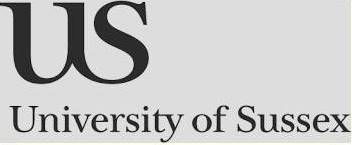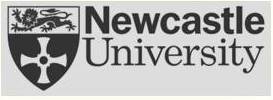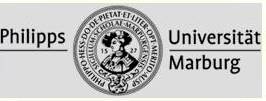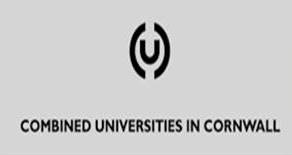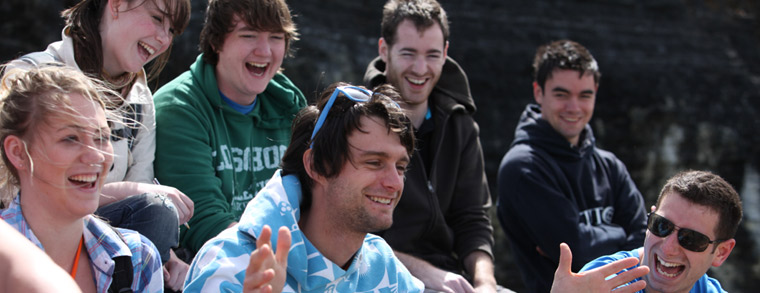geology / geography
field work for geology and geography courses
geology
The Algarve region has a diverse and interesting geology. The south-western part of the Iberian peninsula can be divided into Upper Palaeozoic rocks of the Variscan basement and Mesozoic sedimentary rocks. The Palaeozoic basement forms a mountainous range of Devonian â Carboniferous rocks and extends to the littoral part of the western coastline, exposed in Carboniferous shales of the sea cliffs. Further inland the Monchique Massif forms the highest elevation of the Algarve (902m) consisting of alkaline igneous rocks (syenite) that intruded during Late Cretaceous times. The famous Algarve Mesozoic limestone cliffs are located along the south coast, with karst developments exposed from the Cabo de São Vicente to Faro. East of Faro, extending all the way to the Spanish-Portuguese border, a low lying area is characterised by a Quaternary barrier island / lagoonal system.
tectonic
The region is tectonically very active up to present times, with the major
fault line (Sao Teotónio - Aljezur - Sinceira fault) running across Aljezur creating
small Cenozoic basins. The regional geological setting, together with the
seismic activity, create cliff instabilities, rock falls and smaller
landslides.
geomorpholgy
The west coast provides a large variety of different geomorphological coastal
formations: wide dune systems around
Amoreira and Carrapateira, small estuaries located between Villa Nova de Milfontes,
Odeceixe, Amoreira and Bordeira, Plio-Pleistocene and fluvial terraces. The south-east coast with its
barrier island system, wash over fans, small inlets and back barrier lagoon
systems provides great geomorphological examples. The lack of vegetation during
the dry summers and the mesotidal environment allow an easy access to study the
different formations.
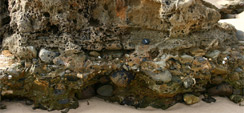 |
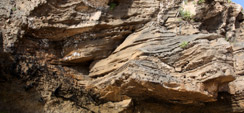 |
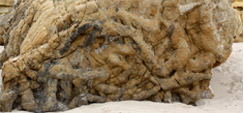 |
| Raised beach deposits |
Pleistocene cemented dunes |
Mesozoic structures |
workshop format
Workshops, run by CERES staff with specialist knowledge and fieldwork expertise can be booked for either half a day or a full day. Workshops led by us enable the group leader to concentrate on other aspects of student learning that are not often possible with traditional self-led fieldwork. All workshops are tailored in direct consultation with the group leader to suit the groups requirements. Day workshops are normally supported by pre-and post-excursion classroom activities that establish the context for learning and provide the necessary follow-up and reinforcement.
To focus on specific study themes, or to target specific syllabus and topic outcomes please contact us.
Workshops are usually booked by groups staying at our field study centre. For information about prices go to page, for more general information on field trip core packets go to page.
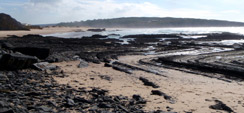 |
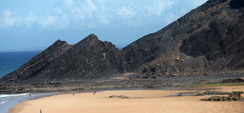 |
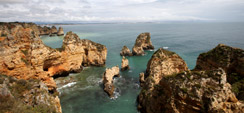 |
| Folded Carboniferous shales |
Cliff instability at Amoreira |
Mesozoic limestones at Lagos |
back

